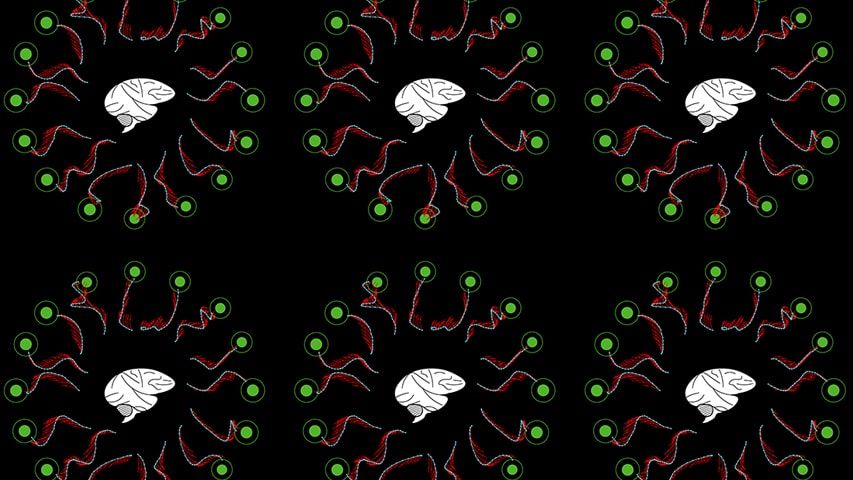Very interesting discovery about how our brain thinks; our brain isn’t always 100% error proof according to this report from Carnegie Mellon University. Therefore, when researchers are mapping the brain plus mimicking human brain functions; what is the tolerance level for error allowed then?
A study conducted at Carnegie Mellon University investigated the brain’s neural activity during learned behavior and found that the brain makes mistakes because it applies incorrect inner beliefs, or internal models, about how the world works. The research suggests that when the brain makes a mistake, it actually thinks that it is making the correct decision—its neural signals are consistent with its inner beliefs, but not with what is happening in the real world.
“Our brains are constantly trying to predict how the world works. We do this by building internal models through experience and learning when we interact with the world,” said Steven Chase, an assistant professor in the Department of Biomedical Engineering and the Center for the Neural Basis of Cognition. “However, it has not yet been possible to track how these internal models affect instant-by-instant behavioral decisions.”
The researchers conducted an experiment using a brain-machine interface, a device that allows the brain to control a computer cursor using thought alone. By studying the brain’s activity, the researchers could see how the brain thinks an action should be performed. The researchers report that the majority of errors made were caused by a mismatch between the subjects’ internal models and reality. In addition, they found that internal models realigned to better match reality during the course of learning. “To our knowledge, this is the most detailed representation of a brain’s inner beliefs that has been identified to date,” said Byron Yu, an associate professor in the Department of Electrical and Computer Engineering and the Department of Biomedical Engineering.









Comments are closed.